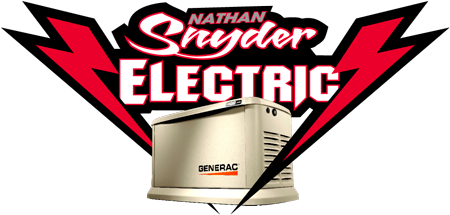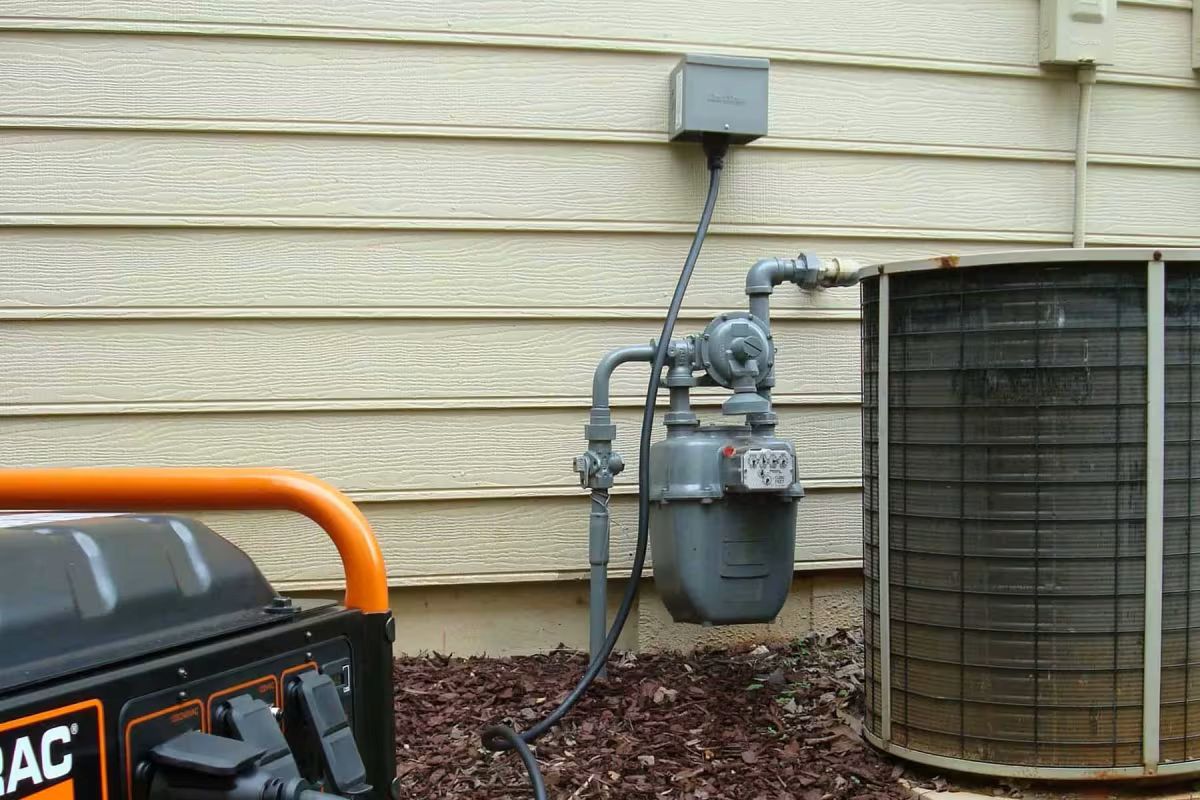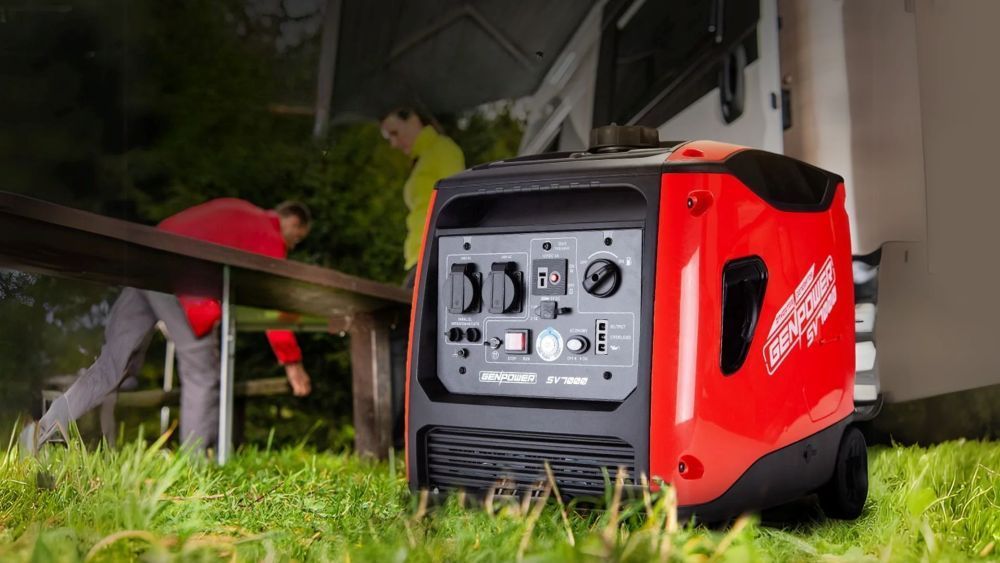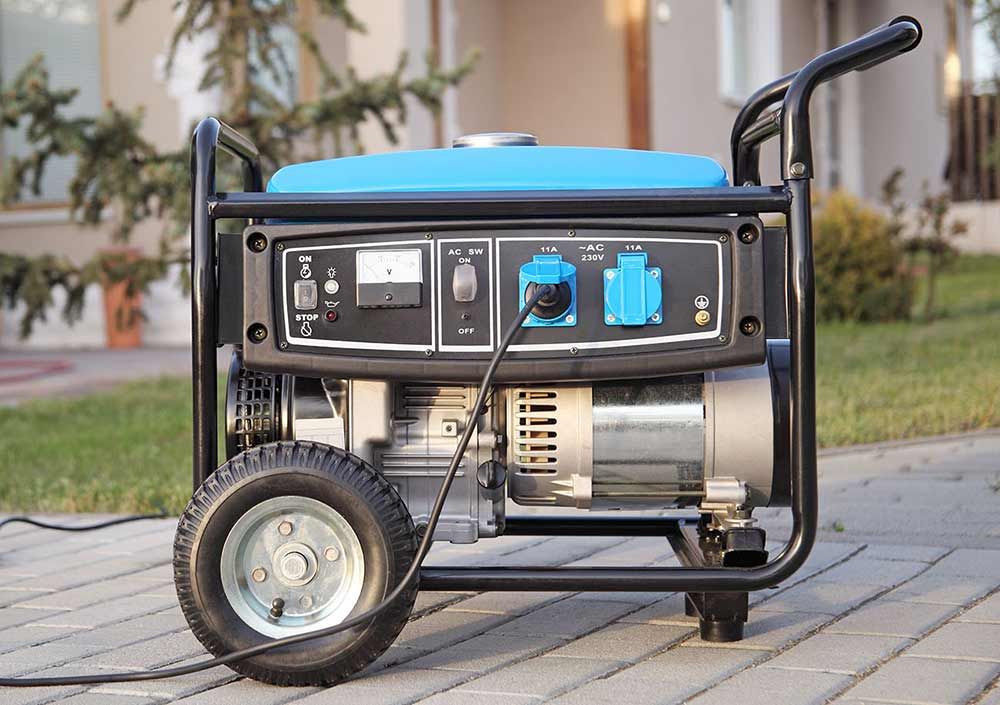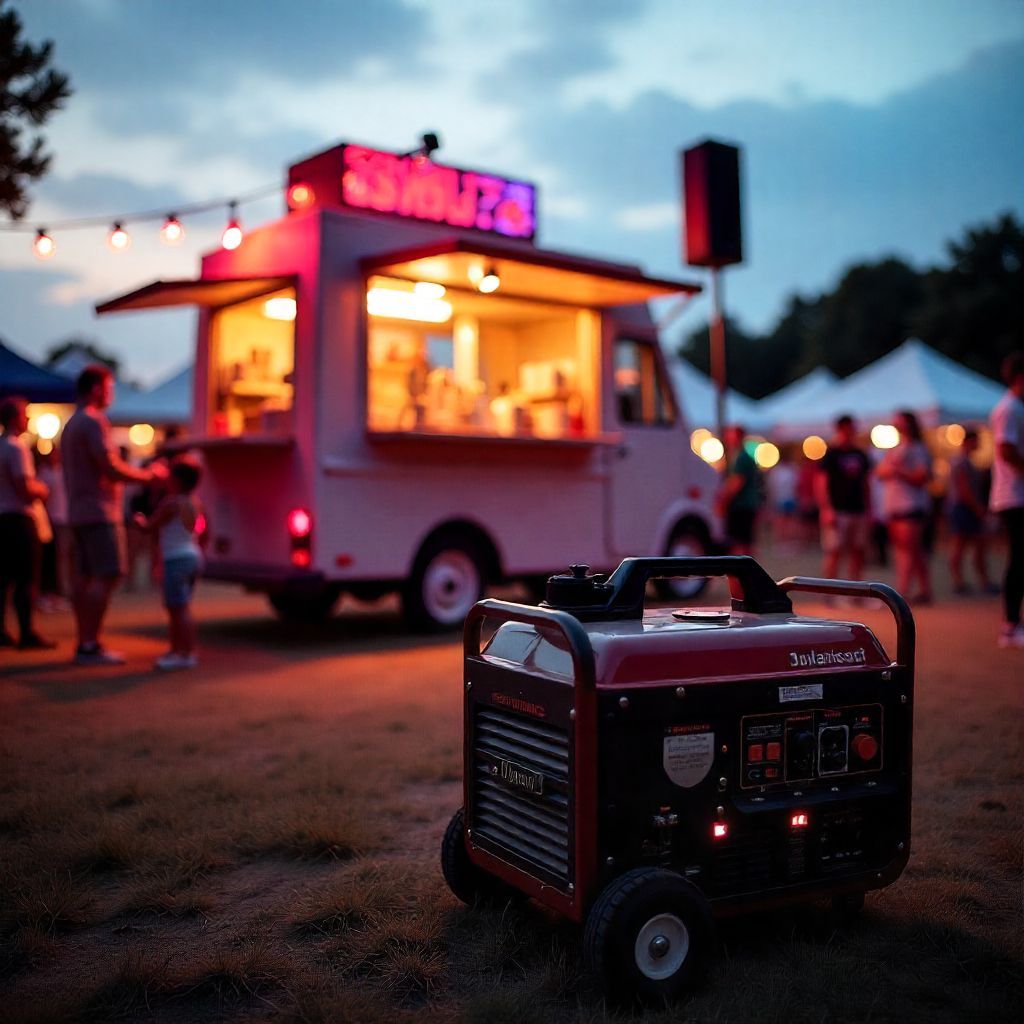How Many Watts Generator to Run a House During Power Outages
Power outages can occur without warning, leaving your home in darkness. Knowing the correct generator size protects your family and ensures things run smoothly. A generator maintenance company in OKC can help you figure out the right wattage, but understanding the basics gives you a head start. This guide walks you through calculating your power needs and picking the perfect generator size. We'll cover everything from appliance requirements to smart power management tips.
Factors Influencing Generator Wattage
Picking the right generator wattage depends on understanding what you'll actually need to power during an outage. If you underestimate, your generator won't be able to support your appliances. Overestimate, and you'll waste money on a unit that's too big. Start by identifying the starting and running wattage of every device you plan to use. Calculate the total wattage carefully, considering peak demand times when multiple items run simultaneously. Knowing your appliances' power requirements helps you select a generator that reliably meets your household needs.
Calculating Your Household Power Needs
Determine your household's power needs by checking the wattage requirements of each appliance and device you plan to use during an outage. Create a list of essential items, including refrigerators, lights, heaters, and electronics. Find the wattage rating on each item's label or user manual. Add up the wattage of all devices that may run simultaneously. Don't forget to include the starting wattage for appliances with motors; they require extra power to start up. Add a little buffer for any additional items you might need. This careful assessment guides you toward the right generator size.
Determining Generator Size for Appliances
Now, let's match the generator size to your specific appliances based on your total wattage calculations. Identify both the starting wattage and running wattage for each appliance you want to power. Starting wattage refers to the initial power surge when an appliance turns on, while running wattage is the power required to keep it running. Add up the running wattages of all appliances that could operate simultaneously. Pick a generator with a running wattage capacity above this total for smooth operation. Pay special attention to appliances with high starting wattages, like refrigerators or air conditioners, when sizing your generator for peak demands.
Sizing Generator for Main Home Systems
Determining the correct generator size for your main home systems involves calculating the combined running wattage of all your critical devices. Main systems typically include refrigerators, freezers, medical equipment, and heating or cooling systems. Identify the starting wattage and running wattage for each device. Starting wattage is important because it indicates the initial power required to start the device. Add up all running wattages and choose a generator with a rated wattage higher than this total. This way, your main systems continue to function during blackouts. Proper sizing is crucial for reliable power and ensuring everything runs smoothly.
Tips for Efficient Power Management
Managing your power efficiently begins with calculating the actual consumption of your critical devices. Prioritize necessary appliances and electronics first. Energy-efficient devices use less power, making them a worthwhile investment. Practice power-saving habits, such as turning off lights in empty rooms and unplugging electronics from standby mode. Power strips make it easy to disconnect multiple devices at once. Keep your appliances maintained; they run more efficiently that way. Smart meters or energy monitoring systems provide you with real-time insights into your energy consumption. These strategies help you maximize your generator's efficiency and keep your systems powered effectively during outages.
Selecting the Right Generator Capacity
Selecting the right generator capacity ensures an uninterrupted power supply during outages. When selecting capacity, consider these key factors:
- Total Power Requirements: Calculate the overall wattage needed to power necessary appliances and devices.
- Surge Power Capacity: Make sure the generator can handle peak power demands during start-up.
- Fuel Efficiency: Opt for a generator that strikes a balance between power output and fuel consumption.
- Portability: Decide if the generator's size and weight fit your transportation needs.
- Noise Level: Check the decibel rating to pick a generator that operates at an acceptable noise level.
Related Topics:
